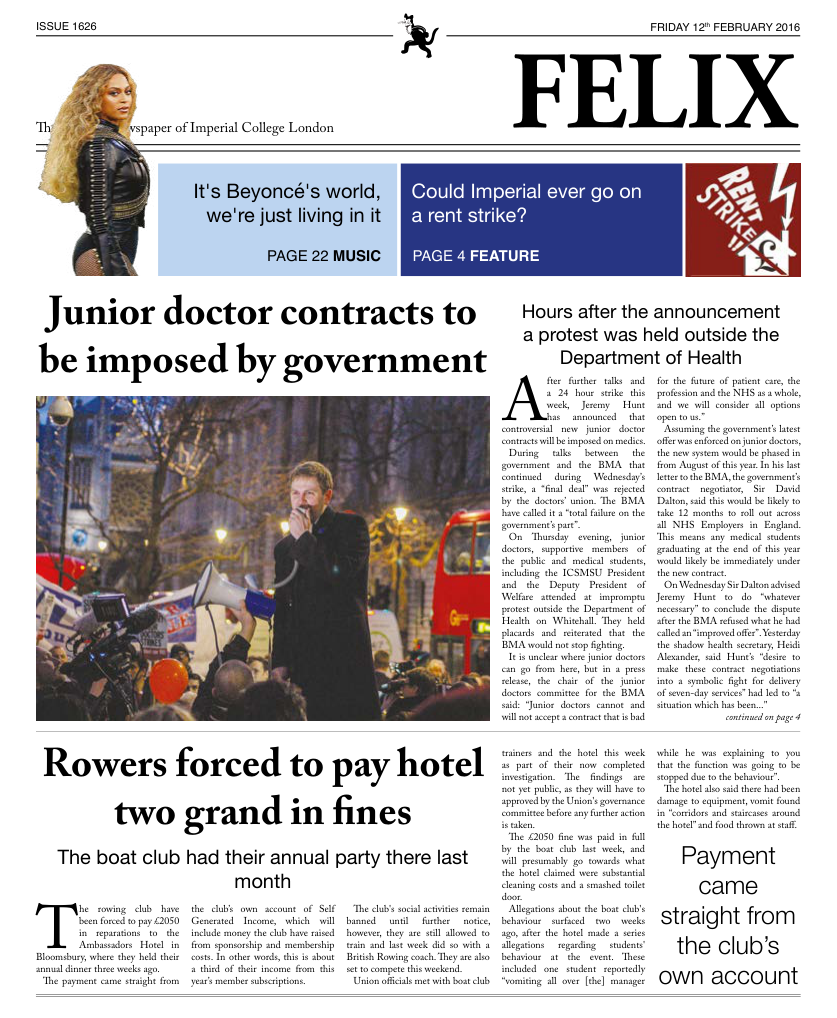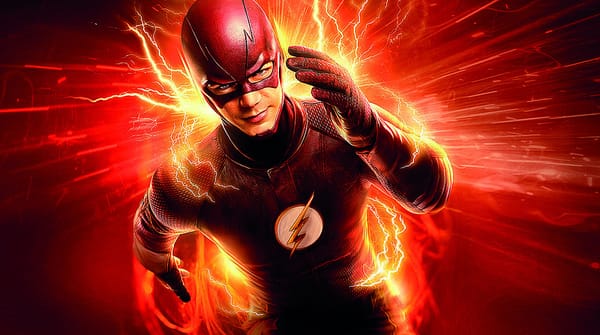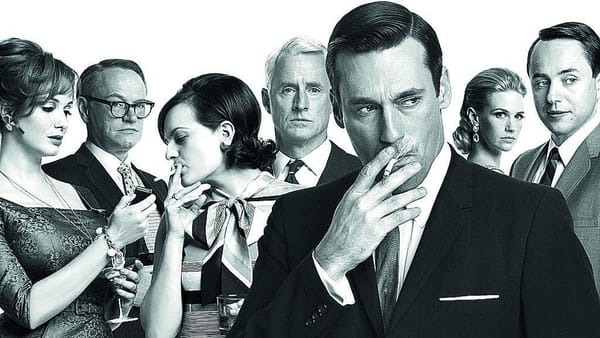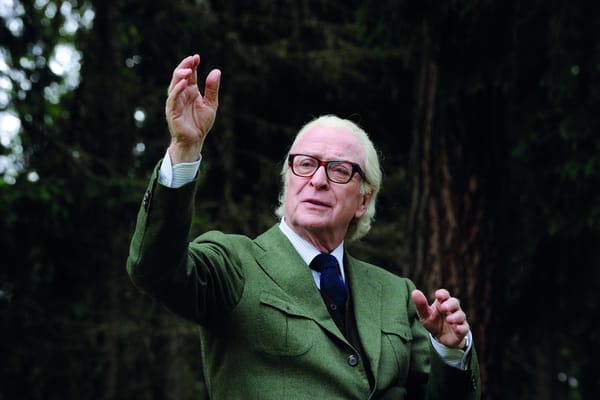The Triumph of War and Peace
Tolstoy himself would be quite pleased with this distillation of his tonic against doom
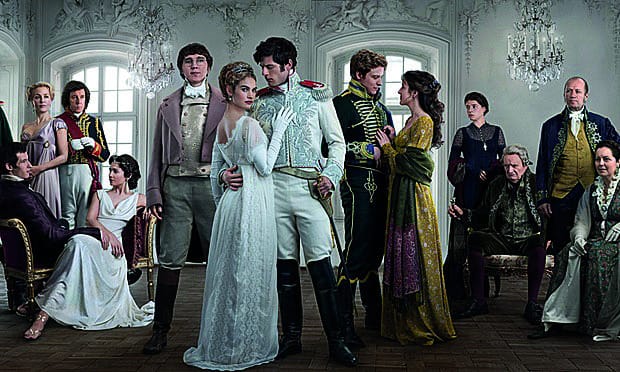
When it was announced that the BBC would be producing another adaptation of Tolstoy’s epic tome, I, like many others, was intrigued. Then came the news that veteran showrunner Andrew Davies, who has written or produced for the likes of everything from Bridget Jones to Pride and Prejudice, would be the guiding hand. This split people into mainly two camps; those who, like me, were reassured, and others who felt this was an affront to Tolstoy’s spirit. These purists believed that Davies would use this as nothing but an excuse to give us a sexed-up traipse through the 19th century glitterati. They weren’t entirely wrong. But, in his defence, the show runner only does this by showing us directly some of the subtext of the novel; subtext that Tolstoy did not elucidate himself only because the social trappings of his era did not let him.
If you’re not familiar with this behemoth of fiction, War and Peace follows five families from the aristocracy of 19th century Russia. We follow the lives and struggles of these people on the eve of Russia’s war with Napoleon and through the following years.
Another area of concern, one more justified, was the compact length of the adaptation. Six episodes is dangerously thin space to cover the monolithic text. As such, the success of this adaptation depended greatly on the calibre of the actors within it, and their capability to impart Tolstoy’s complexities to us through their emotion. I’m pleased to say that, in this regard, the production succeeds admirably.
Whoever did the casting deserves a bonus. Paul Dano is pitch-perfect as the hapless Pierre Bezhukhov, doing that typical Paul Dano thing of looking and acting like a lost puppy. Lily James also shines here, surprising with her range and evocativeness as the innocent Natasha Rostova. I liked her just fine in Downton, but she really didn’t get this kind of opportunity to flex her acting muscles there. This performance has got me hyped for Pride and Prejudice and Zombies. The real revelation, however, is Jessie Buckley as the ever beleaguered Marya Bolkonkaya. She manages to convey immaculately the character’s tight-rope walk between reserved strength and deep sadness. If there’s any weak link here it’s Jack Lowden as Nikolai Rostov. It’s not so much that the acting is bad, but rather that the character is just played, or possibly written, incorrectly. Instead of being fraught by his divided loyalties, Nikolai just comes across as a fickle asshole with no real regard for anyone else.
The previously mentioned short length does create some pacing issues, however. The series practically ignores Helene towards the end, although the few scenes in which she features are poignantly performed. Additionally, there are a few moments here and there that don’t quite have the impact they should because we just haven’t spent as much time with the characters as would have been appropriate. Perhaps the worst case of this is Petya Rostov’s death where, to be completely honest, I barely gave a shit.
The first half of the series, at first glance, seems to be more focused on the romance and court intrigue aspects of the plot. This isn’t necessarily a criticism per se, as it is a good way to pull in more casual audiences, and eases the viewer into the story without immediately bombarding them with Tolstoy’s heavy philosophising. Additionally, the reasoning for this structure becomes beautifully apparent in one moment in episode 5, with Andrei Bolkonsky’s and Anatole Kuragin’s meeting on the battlefield. It serves to make us experience the full force of Andrei’s realisation by making us undergo it at the same time. Just as he realises how trivial the small transgressions and struggles of egos back home are in the face of the great human tragedy of war, so too does the audience.
I also have some final stray observations on the series. Firstly, I love the use of lighting in this series. In particular, for Natasha and its relation to her development. Also, the memorial montage for Andrei, and its format are downright absurd. It feels like someone accidentally cut in a wedding video from the 80s and actually caused me to laugh when I first watched it.
Some of the self-proclaimed guardians of high literature may take issue with Davies’ initial approach to the series. Thing is, at the end of the day, War & Peace is a love story. Okay, that’s a little disingenuous. Rather, it’s about the great cruelty of the world and the secret, fragile, yet immensely powerful weapons against it; love and compassion. Everyone behind this adaptation clearly seems to understand this, certainly better than its detractors. Ultimately, I think Tolstoy himself would be quite pleased with this distillation of his tonic against doom & gloom, and all it tries to accomplish.
War and Peace is on iPlayer

